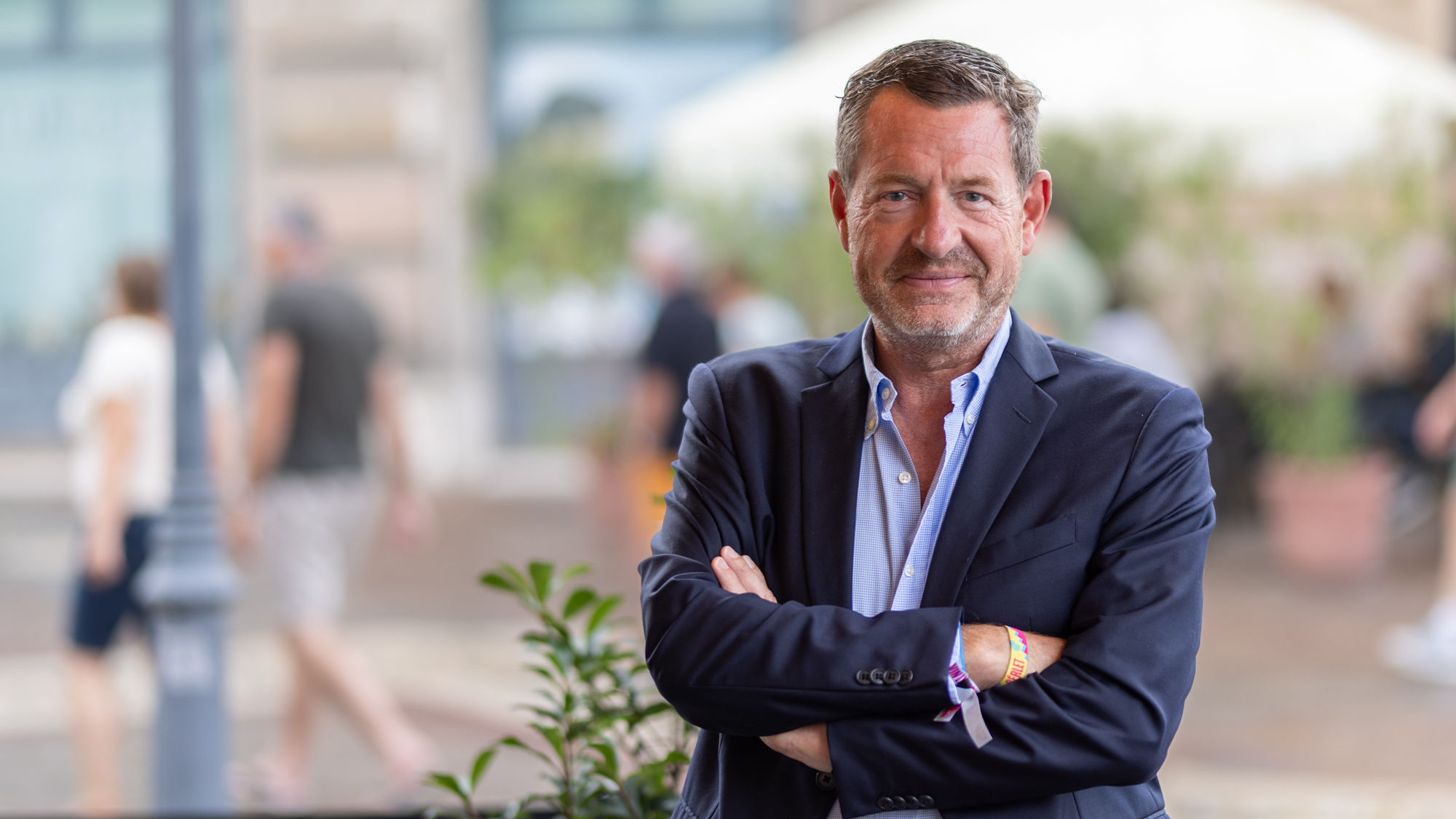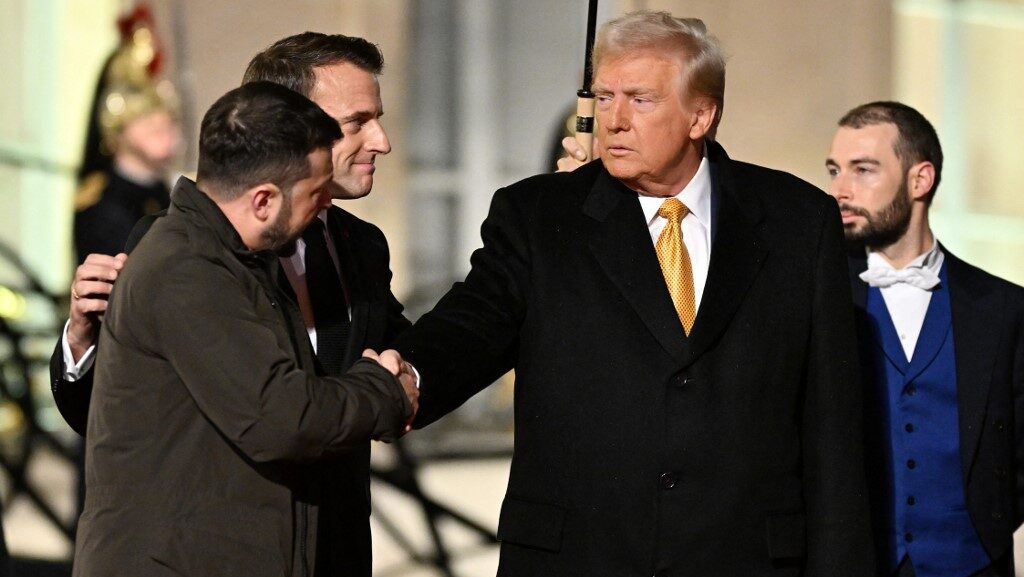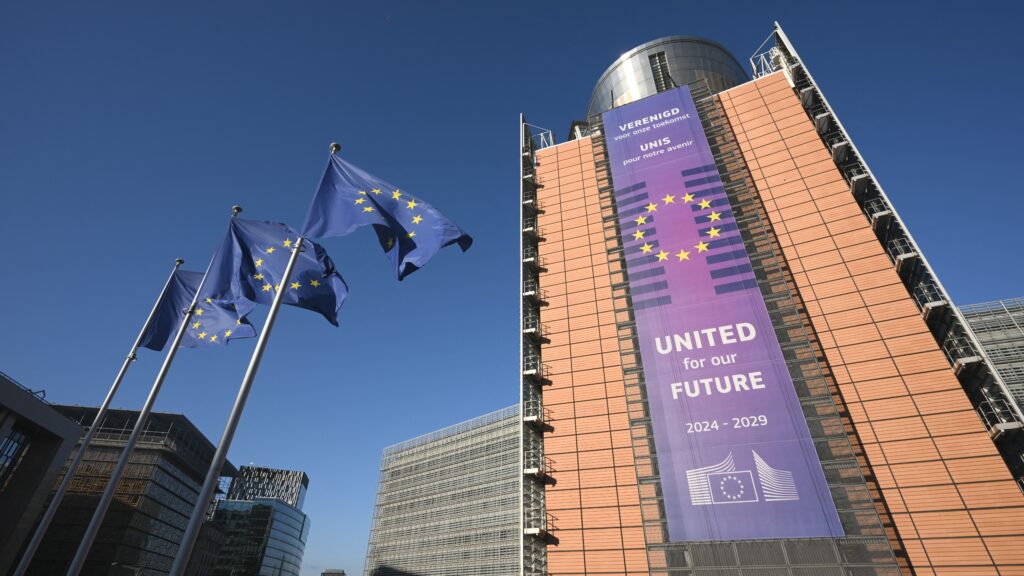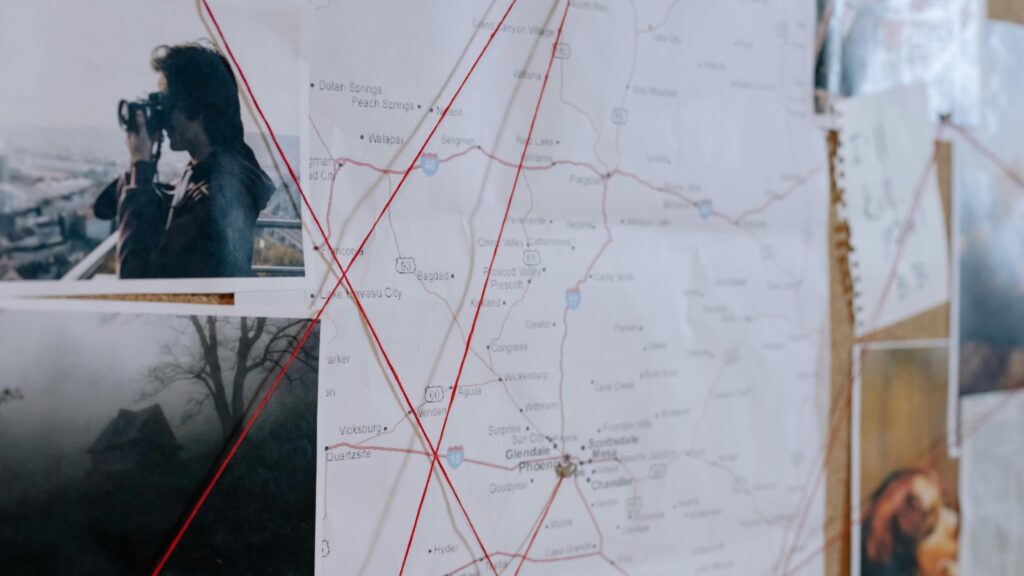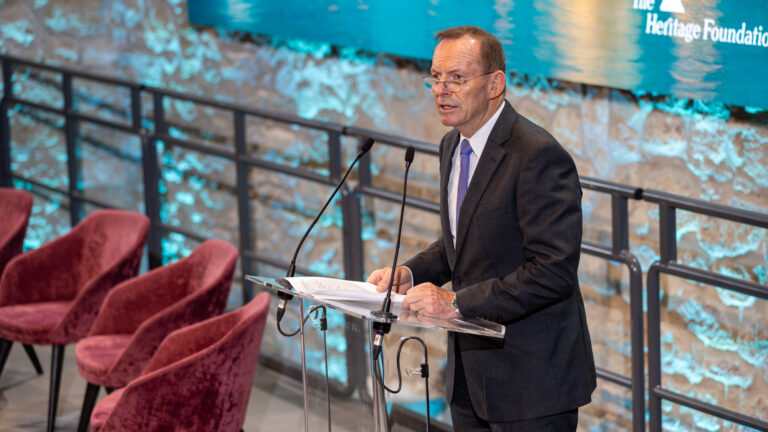Kai Diekmann served as editor-in-chief of Germany’s largest newspaper, Bild, for nearly fifteen years. During his tenure, the paper published some of the most iconic headlines in the history of journalism, and Diekmann conducted interviews with powerful world leaders such as Russian President Vladimir Putin. The former journalist recently visited Hungary to attend the MCC Feszt 2024, organized by the Mathias Corvinus Collegium, where we had the pleasure of interviewing him. In our conversation, Diekmann discussed a wide range of topics, including media freedom in Germany and the Western world, journalism in an increasingly politically correct world, the dangers of cancel culture, and, last but not least, the war in Ukraine and Viktor Orbán’s peace mission.
***
You spent decades working for Bild, one of Germany’s largest newspapers. How do you perceive the state of press freedom in Germany and in the Western world today?
I would say that there has never been so much freedom of the media in Germany as there is nowadays. Even the legislation has changed in favour of the media. So we’ve got the famous Informationsfreiheitsgesetz (Freedom of Information Act – ed.), which means that if an office or ministry declines to give you information, you can go to court and ask for that piece of information. So I would absolutely say that in my 32 years of a professional journalist, I never experienced that there were any limitations, legal or political ones, set by the government or any other political party that would reduce me and limit me in my freedom to publish whatever I want to publish.
There’s a different problem, and this has to do with self-censorship.
There are too many journalists that sometimes do not dare to approach a certain topic, try to be on the safe side in what they publish and always see what they want to see, even if it sometimes differs from reality. I also made mistakes in the past regarding certain situations. I wish we would not judge so many topics simply as black and white, good and bad, but rather we would see what is going on in between. However, regarding the press in the Western world, even the right of free expression is not without limitations. My freedom of expression ends where you are concerned, where your freedom is touched, where your freedom is hurt. And there’s a great balance, I would say, here in Central Europe; whereas the limits in the Anglo–Saxon countries like the US and UK are even further down the road. They define public interest in a much more aggressive way than we do. But, as I always say, especially Germany is a paradise for the media since there’s no other country, I think, in the whole world where you will find as many media outlets, digital or even still in print, as you do in Germany.
Not long ago one of my colleagues had the pleasure of speaking with Ralf Schuler, who also worked for Bild before leaving the paper due to his strong opposition to its support for the LGBTQ movement, which he found quite outrageous.
First of all, I was the one that brought Ralf Schuler to Bild when he was still a correspondent at other newspapers, and he left Bild many years after I had quit as editor-in-chief already. I have got no problem with a newspaper taking sides. This is precisely what the founding figures of journalism in Germany, like Rudolf Augstein, the founder of Der Spiegel, did. They took pride in their campaigns for new foreign policies and other significant causes. I love it when a newspaper takes a side, because it has got a position. But you have to make it clear. And it’s visible that newspapers take sides. So for example, Stern, Der Spiegel, Die Zeit were always against Chancellor Helmut Kohl. I don’t know how many titles of Der Spiegel had been ‘The Last day of Helmut Kohl’, and then it took another ten years for him to leave office. So that’s normal for a newspaper to take a side, and if you don’t like that positioning, it is also okay to leave a newspaper and to go to a different media. I mean, this is what colleagues did when they left Der Spiegel or Frankfurter Allgemeine Zeitung, and came to Bild. Also the other way around, as there were people that sometimes did not like the positioning of Bild. A newspaper is not a politburo. You can’t ask people to be of the same opinion. You sometimes have a fiery dispute, and there have been many situations when, for example, I decided for a positioning of the newspaper and not all of the colleagues followed me. I had many public quarrels and discussions with my CEO. What we usually did when we took a side in case of any political activities, and I would comment that I like what’s going on over there, he would come and say: ‘you’re totally stupid, what is going on?’ And they would do a commentary the next day with a totally different opinion. These lively discussions make a newspaper only more attractive. What I’m convinced of is that while taking a side as a media brand, you have to surprise your audience. There’s nothing more boring than always being able to predict what side a certain paper will take.
During your time at Bild, you were responsible for many iconic headlines, including the famous ‘We are the Pope’! Do you think such headlines would resonate in today’s highly politically correct world?
We had discussions at that time about the headline as well. When Joseph Ratzinger was elected, we only had minutes left before the deadline. Then my dear colleague Georg Streiter suggested the headline ‘We are the Pope!’ Some people said that’s a genius idea, other colleagues said you can’t do it, it’s too nationalistic. It’s a pure headline of nationalism. Then I did something in that situation that I had done very rarely. I called the guys that had been editors-in-chief before me, two of them. One of them said, you can’t do it, and the other one said that we should go for it. So at the end, I had to make the decision. So this debate about what a headline can do, what a headline can say has always been there. This discussion, what we are doing right now, it’s got a bit out of hand because it got crazy in some ways. It’s correct to discuss a headline concerning the present.
It’s crazy to try to correct the past.
It’s crazy when we try to put films or books on the black list because they contain stories, they contain pictures, they tell a story which does not fit in our political correct time. Instead, we must explain why things were that way at the time, why a statue was dedicated to this person, and why a street was named after that individual and so on. We have to give it a context. But trying to delete, to change and to rewrite history, that’s just stupid.
Yet, this is precisely what is happening in the West at the moment.
There will be a backlash to that. We are doing too much in that regard, and it is stupid, because in the end, we’re going to have to put all the rap music of the 1960s and 1970s on the blacklist. And finally, a lot of classical operas as well, because they tell stories that we do not regard political correct nowadays. We are totally exaggerating right now, and there will be a backlash to this. People will understand that we are doing it in the wrong way. We should learn from history. If we try to rewrite history, we’re going to get a wrong idea of why things went wrong and why things happened the way they happened.
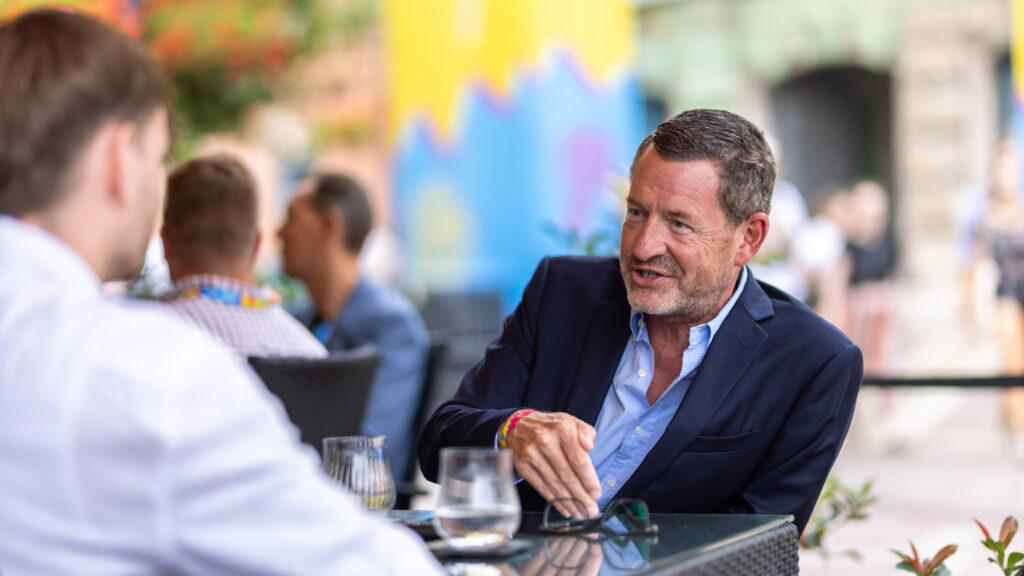
Throughout your career, you have interviewed Vladimir Putin several times. If you had the opportunity to sit down with the Russian president again, what would that conversation look like?
Honestly, not much different from my last interview that I did in 2016 when the Russian army had already been in Crimea. We asked the same hard questions, and he said very bluntly: ‘I know how you treat me in your newspaper. You describe me as a devil, but this makes me only more credible if I talk to you.’ So he is very rational about whom he talks to. Of course he talked to Bild not because he liked me so much, but because he knew it has a big audience. That’s the reason why we have met many times. The first time I interviewed him in 2000. When I’m asked nowadays whether I recognized what he was planning, I always respond cautiously. I would never claim that I knew back then what kind of person he would become or what he would eventually do to Ukraine and the rest of the world. Probably he has changed. I’m not sure what actually happened, but something happened between 2000 and nowadays. I remember Putin visiting the Deutsche Bundestag and he was speaking in German language to the deputies. He got standing ovations from all parties. And some of the deputies that nowadays criticize him and knew for 20 years what kind of guy he is, they had tears in their eyes. During the last two years, I wrote twice to his spokesperson Dmitry Peskov and he answered to me that he’s got no time. I would love to do another interview, and we would ask the same hard questions we did already in 2016.
Do you see any possibility of restoring relations between Europe and Russia while Putin remains in power?
No.
Without Putin?
At the moment he’s the person that people have to talk to because he’s in charge. So if we want to reach any goal over there, he’s the person we have to talk to, as we have seen in the negotiations about prisoners, for example. But I don’t see that there is any political future or political partnership with a war criminal like Putin in the future. It was always correct that we tried to integrate Russia. Every effort that was done in that regard was a correct thing to do. When we spoke in the early 2000s about the concept of a common European house, where everyone has their own room, it was indeed a correct vision. And of course, Russia is part of Europe. The efforts were right. We have simply failed.
Do you think the European Union’s strategy on the war in Ukraine has also failed?
Obviously, all our strategies towards Russia and Ukraine failed since there is a war. The strategy after 2014, the famous Normandy Format did not work and did not bring any results. The fact that we did not react in 2014 when Russian troops went into Crimea obviously made Putin believe that the European Union would let him go if he was going to take the rest of Ukraine as well. So we kind of misled Putin in that regard.
As of today, all of the EU strategy towards Russia has failed.
We have to recognize this. Right now, I am totally convinced that we cannot let Putin win this war because this is something we have to understand: if we let him win this war, he won’t stop. Why should he stop? What about the Baltic states? What about Estonia? What about Latvia? We have to recognize that we actually invited Putin to risk this war and to measure his risks as well. How is the West going to react? If we consistently tell Putin from the outset what we will not do anything, in my view, this is a mistake because it minimizes his perceived risk. What is the most important thing to do now is to draw a red line and make it totally clear to Putin that we are not going to accept any crossing of this red line. And since we did not take appropriate action in the past, I would say that European policy on Russia has indeed failed, particularly since 2014.
In this context, how do you view Viktor Orbán’s peace mission? Has it brought us any closer to achieving peace?
Of course, it’s always better to talk to each other then not to talk at all. This is what diplomats are supposed to do. I’m convinced that at the beginning, when there were negotiations going on in Türkiye, there had been a chance to stop that war at quite an early point when Putin recognized that his conception obviously was wrong, that he’s not going to overthrow the government in Kyiv and that he is not greeted by millions of people who’ve got the impression he’s coming to free them. This was a misconception from the beginning. When Putin recognized this after six weeks, I think there was a chance. There was a window of opportunity. We missed that window of opportunity. I don’t see any chance of real peace talks right now, because people only go to the negotiation table once they’ve got the impression that they can win more at the table than on the battlefield. We have not reached that point yet. And the most important thing: it is not up to us to decide when Ukraine is going to go to that table for negotiations. I don’t see any chance of progress until the US presidential elections in November, but of course, it’s always better to talk and to have any communication channels than to have no communication at all. And as far as I understood, Viktor Orbán not only went to Moscow, to China and to the US, but he went to Volodymyr Zelenskyy first. And this, in my regard, is the most important thing.
Related articles:

